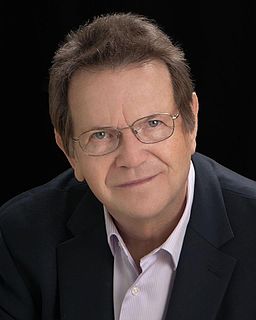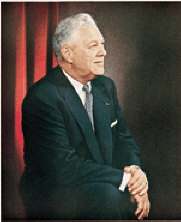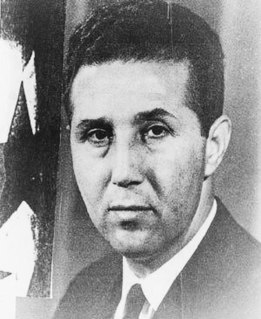A Quote by Reinhard Bonnke
The Gospel is not reformation, decoration or renovation. It is liberation.
Quote Topics
Related Quotes
My biggest word of advice that I could give to people that are dealing with a home renovation or decoration is to not think about design as it's been presented to you before. I think everybody needs to start designing based on the moments they imagine having in their home and that is what has guided me as a decorator.
When the Reformation became established, one of the things that was a question between Catholicism and the Reformation traditions was whether there was a hierarchy of being. If you look at Thomas Aquinas, for example, you have hierarchies of angels and all the rest of it, and hierarchies even of saints and then subsaints - people who aren't quite there, that sort of thing. The Reformation rejected all of that and created a new metaphysics, in effect, that is not hierarchical.
I think that all art is socially conscious. There is no alternative. Whatever we produce contains a political and social statement. There's no way to avoid that, unless it is pure decoration. But even pure decoration has also some value because you can read pure decoration as a way to ignore the reality that is around us, saying, "Well, I'm not interested. I just like to paint this wall blue.
The crime of liberation theology was that it takes the Gospels seriously. That's unacceptable. The Gospels are radical pacifist material, if you take a look at them . . . Liberation theology, in Brazil particularly, brought the actual Gospel to peasants. They said, let's read what the Gospels say, and try to act on the principles they describe. That was the major crime that set off the Reagan wars of terror.
If we look at it more from a philosophical standpoint, these foundations of atheism and secular humanism believe that you are your own God. That leads us to something that unfortunately has crept into many churches across America, and it is what I call the Social Gospel. The social gospel, that could creep into something that is called Liberation Theology, which is a mixture of leftist, pseudo-Christianity with Marxism.
For myself, as, no doubt, for most of my contemporaries, the philosophy of meaninglessness was essentially an instrument of liberation. The liberation we desired was simultaneously liberation from a certain political and economic system and liberation from a certain system of morality. We objected to the morality because it interfered with our sexual freedom.





































